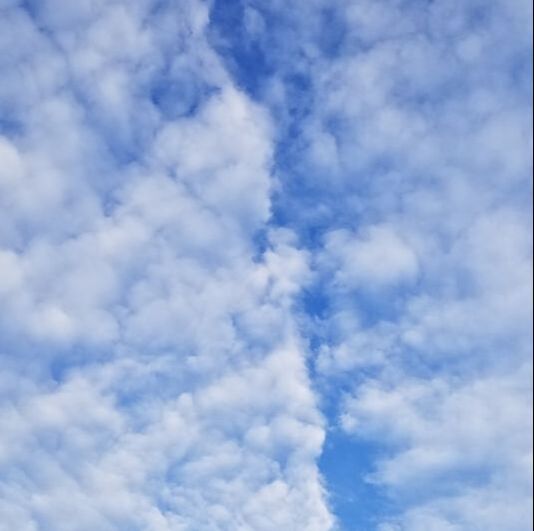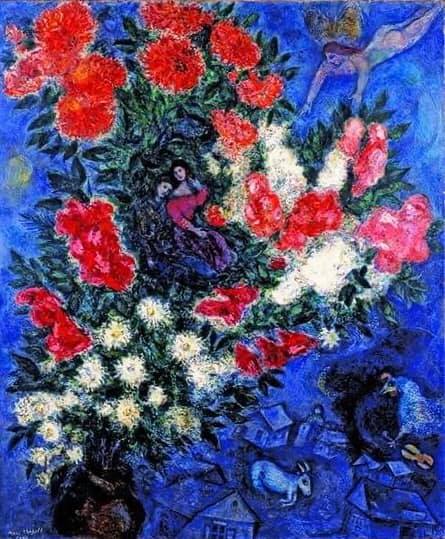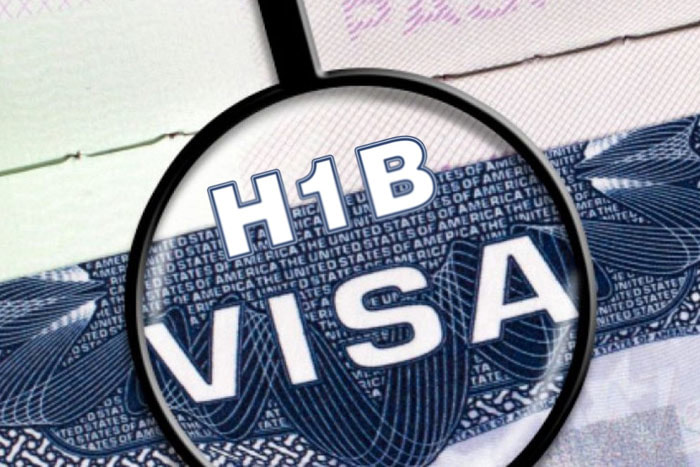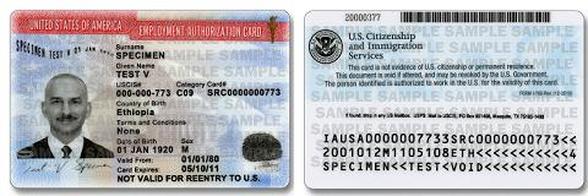What Is the F-1 Cap-Gap Extension?
The F-1 cap-gap extension is a regulatory provision that bridges the gap between the expiration of an F-1 student’s Optional Practical Training (OPT) or STEM OPT and the start of their H-1B status. Under the previous rule, this extension ended on October 1st. However, with the new 2025 rule, the extension can now continue until as late as April 1st of the following calendar year, providing up to six additional months of valid status and work authorization.
Who Qualifies for the Extended Cap-Gap?
To be eligible for this extension, F-1 students must:
- Be the beneficiary of a timely filed H-1B petition requesting a change of status (not consular processing); and
- Be in a valid period of OPT/STEM OPT at the time the application is received by USCIS.
This extension reduces the need for finding interim solutions for employment authorization or navigating periods of unpaid leave.












 RSS Feed
RSS Feed